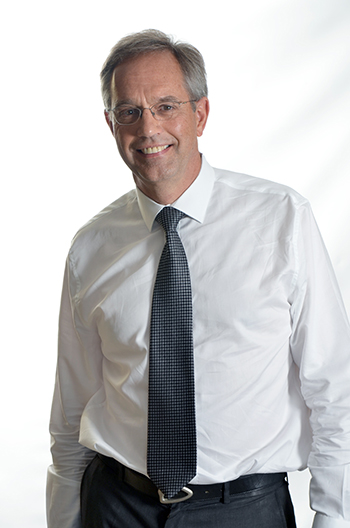Latest News Archive
Please select Category, Year, and then Month to display items
20 December 2021
|
Story Igno van Niekerk
|
Photo Igno van Niekerk
![]() Dr Samantha Potgieter, Senior Lecturer in the Department of Internal Medicine and Dr Nicholas Pearce, Senior Lecturer in the Department of Surgery comment on their team members’ commitment and determination during the pandemic.
Dr Samantha Potgieter, Senior Lecturer in the Department of Internal Medicine and Dr Nicholas Pearce, Senior Lecturer in the Department of Surgery comment on their team members’ commitment and determination during the pandemic.
On the forefront of the battle against the COVID-19 pandemic, two UFS doctors are leading a team of inspired healthcare workers in a superhuman effort to make a positive difference.
With the pandemic in its second year and the recurring challenges of new waves and strains consistently in the news, one would expect the doctors to be tired. However, quite the opposite is true. Upon entering the office where Dr Samantha Potgieter, Senior Lecturer in the Department of Internal Medicine and Dr Nicholas Pearce, Senior Lecturer in the Department of Surgery are in a meeting with colleagues, the debate is vibrant; an energetic sense of mission.
Miraculously succeeded
My brief is to collect stories and experiences they’ve had over the past 18 months at the Tumelo ward for general and high-care patients, where the team has miraculously succeeded in not running out of oxygen or ventilators, despite handling high volumes of patients from the Free State and Northern Cape. “We saw those pictures of piled-up bodies in Italy. We were committed to avoiding that at all costs. And we did.”
Success stories? First mentioned are their team members’ commitment and determination. The team had to stand in when families could not support dying patients. “They did not die alone. Our team was there.”
“Really sad and frustrating are the deaths that could have been prevented. Unvaccinated patients. They arrive ill, wanting to know if they can get it. Too late...” – Dr Nicholas Pearce
Then came hope
Sad stories? The past year has had its share of sad stories. “Someone comes in during the morning, needs oxygen, in the afternoon they are in ICU, then ventilator – and then they die. We’ve never faced anything like this before.”
Then came hope. Vaccines. Dr Pearce is in charge of the vaccination site at Universitas Hospital. “Really sad and frustrating are the deaths that could have been prevented. Unvaccinated patients. They arrive ill, wanting to know if they can get it. Too late ...” He opens his cell phone – shares the stats. “We can handle 2 000 vaccinations a day. At the moment about 250 comes in.” He shakes his head.
“We can beat this virus, but we need to stand together ...”
Meet our Council: Marius Swart – a Councillor with deep roots in the UFS
2017-07-12

Marius Swart, Alumni election on the UFS Council.
Photo: Stephen Collett
Marius Swart, a Kovsie alumnus, is an Alumni election on the University Council. Not only is he a Kovsie alumnus, but all four of his siblings and their spouses are Kovsie alumni, as well as all three his children.
Interest in future decisions at the UFS
He is currently practicing as cardiothoracic surgeon at Mediclinic in Bloemfontein, but has always been involved with the Faculty of Health Sciences at the university. He spent eight years as consultant in the Department of Cardiothoracic Surgery and recently became a registered student again when he enrolled for an interdisciplinary PhD. He is currently also supervisor for the research projects of undergraduate medical students.
Thus, Marius no doubt has a substantial interest in the issues and future decisions at the UFS.
Guard against retroformation
"Higher education is a challenging environment and expectations about excellence and human development are being tested. Transformation is on everybody’s lips, but we have to guard against what I would call retroformation – moving back to old regimes and new forms of exclusion," he says.
Marius is excited to begin his term with a new Rector and Vice-Chancellor. He realises that many challenges awaits him as councillor on the way forward, but he is ready to pull his weight in Council.
"My own daughter is involved in the challenges students are experiencing on a daily basis, and my wife is supporting a first-generation rural student. The university should be sensitive to these students. Empowering them can bring change to communities."
His interests are varied and it is clear that he has a vision for a better world.